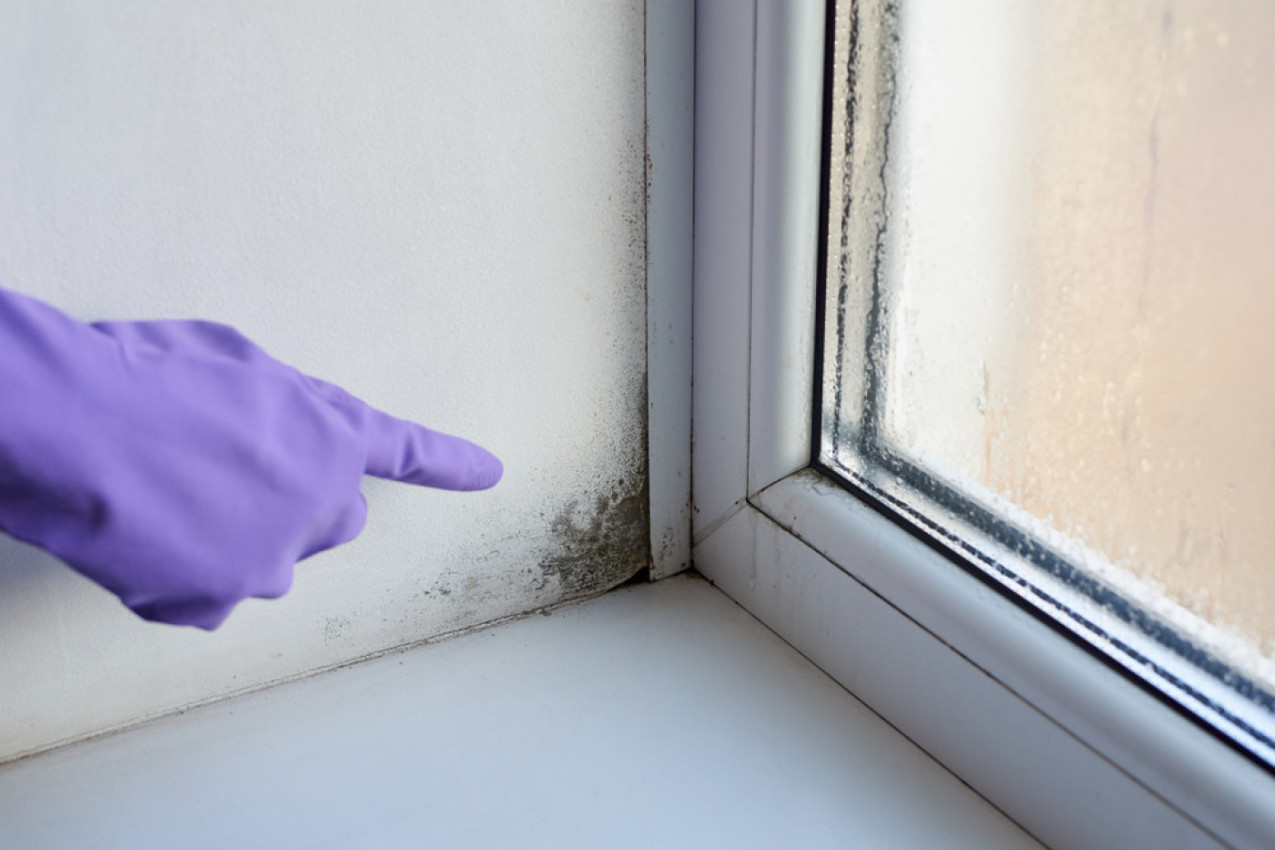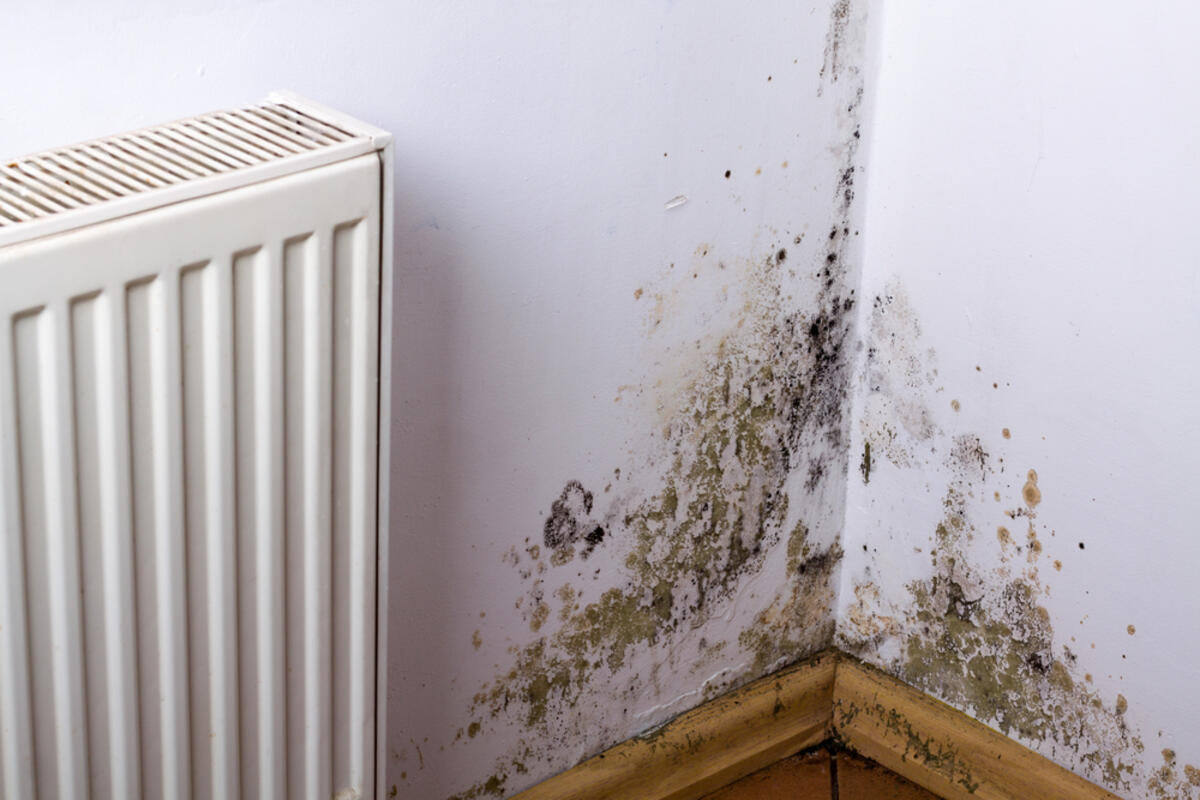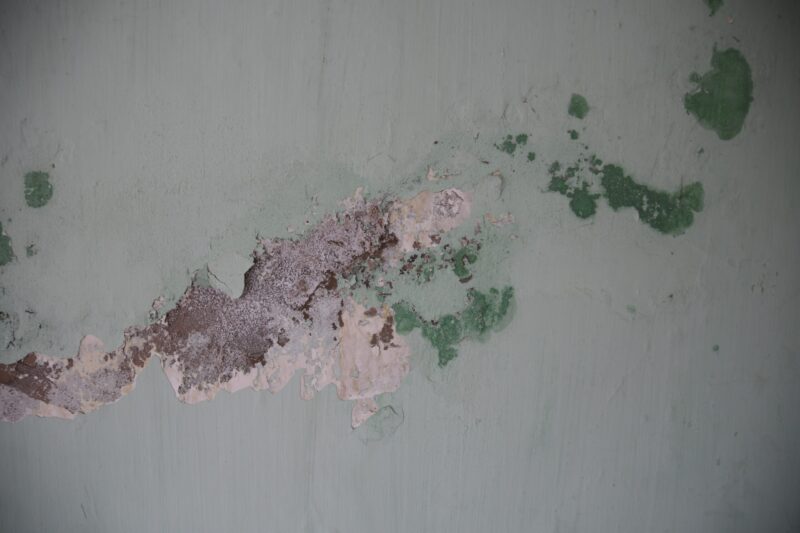When it comes to dealing with mold in your home, one of the first decisions youll need to make is whether to handle the inspection yourself or hire a professional. DIY mold inspections can be a cost-effective option for those who are willing to put in the time and effort to thoroughly assess their property.
However, expert mold inspections offer a higher level of accuracy and reliability, as trained professionals have the knowledge and tools to identify and address mold issues effectively. Both options have their pros and cons, so its important to weigh them carefully before making a decision.
Lets explore the differences between DIY and expert mold inspections to help you determine the best approach for your situation.
1. Introduction to Mold Inspections

Mold inspections are essential for identifying and addressing potential health hazards in your home.
Whether you are dealing with visible mold growth or suspect hidden mold problems, a thorough inspection is necessary to determine the extent of the issue. Mold inspections can also help identify the underlying causes of mold growth, such as water leaks or moisture buildup.
By understanding the importance of mold inspections, you can take the necessary steps to safeguard your home and protect the health of your family.
2. Pros and Cons of DIY Mold Inspections
There are both advantages and disadvantages to conducting a DIY mold inspection. On the positive side, DIY inspections can save homeowners money by avoiding the cost of hiring a professional.
DIY kits are also readily available at most home improvement stores, making it easy for anyone to test for mold in their home. Additionally, conducting a DIY inspection can provide homeowners with peace of mind and a sense of control over their living environment.
However, there are drawbacks to consider as well. DIY inspections may not always be accurate, as they rely on the homeowners ability to properly collect and interpret samples.
Inexperienced individuals may misinterpret results or miss hidden mold growth, leading to potential health risks and costly repairs down the line. Additionally, DIY inspections can be time-consuming and labor-intensive, requiring homeowners to invest significant effort into the process.
Ultimately, the decision to conduct a DIY mold inspection should be weighed carefully, considering both the pros and cons before moving forward.
3. Benefits of Hiring a Professional for Mold Inspections

Hiring a professional for mold inspections can offer numerous benefits that DIY methods simply cannot match.
Firstly, professionals have the training and expertise to accurately assess the extent of mold growth in your home, ensuring that all affected areas are properly identified and treated. Additionally, professional mold inspectors have access to specialized equipment and techniques that can detect hidden mold behind walls or in hard-to-reach areas, providing a comprehensive and thorough assessment.
By entrusting the inspection to a qualified professional, homeowners can have peace of mind knowing that the job is being handled by someone with the knowledge and skills to effectively address any mold issues that may be present. Ultimately, the investment in a professional mold inspection can save time, money, and potential health risks in the long run.
4. Factors to Consider When Choosing Between DIY and Expert Mold Inspections
When choosing between DIY and expert mold inspections, there are several factors to consider in order to make an informed decision. First and foremost, it is important to assess the extent of the mold infestation and the potential risks associated with it.
DIY mold inspections may be suitable for small, visible areas of mold that can be easily identified and remediated. However, for larger or hidden mold issues, it is recommended to seek the expertise of a professional mold inspector who can accurately assess the situation and provide appropriate recommendations for remediation.
Additionally, considering the health risks associated with mold exposure, investing in a thorough and comprehensive mold inspection by a professional may offer peace of mind and ensure the safety of your home and family. Consulting with a qualified mold inspector can also help in identifying the underlying causes of mold growth, such as water leaks or poor ventilation, and provide effective solutions to prevent future mold problems.
Ultimately, the decision between DIY and expert mold inspections should be based on the size and complexity of the mold issue, as well as your level of expertise and comfort in addressing mold problems.
5. Key Differences in Mold Inspection Methods

Key differences in mold inspection methods are vast, ranging from the tools and techniques used to the depth of the inspection itself.
DIY mold inspections typically involve visual checks for mold growth and moisture accumulation in the home, while expert inspections may include air quality testing, moisture detection, and even samples sent to a lab for analysis. Experts are trained to identify hidden mold sources and potential health risks associated with mold exposure, providing a more thorough assessment of the situation.
Additionally, professionals may utilize specialized equipment such as thermal imaging cameras and moisture meters to identify mold hotspots that may go unnoticed by untrained individuals. Ultimately, the key difference lies in the level of expertise and resources available to conduct a comprehensive inspection.
Conclusion
In conclusion, when faced with the decision of whether to opt for a DIY mold inspection or hire a professional, it is important to consider the potential risks and benefits of each approach. DIY mold inspections may be cost-effective and convenient for minor issues, but they may not always provide accurate results or be able to detect hidden mold growth.
On the other hand, expert mold inspections conducted by certified professionals can provide thorough and reliable assessments, helping to identify and address mold problems effectively. Ultimately, the choice between DIY and expert mold inspections will depend on the severity of the situation, budget constraints, and personal comfort level with handling mold-related issues.
It is always recommended to consult with a Mold Detector to ensure that your home is safe and healthy.



